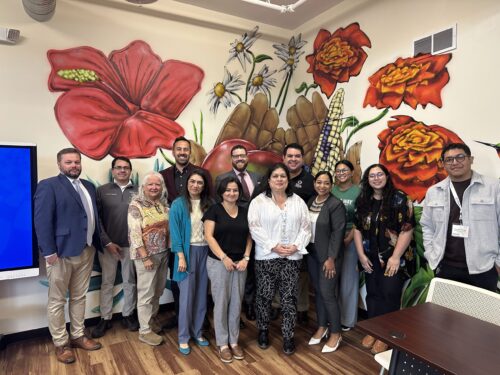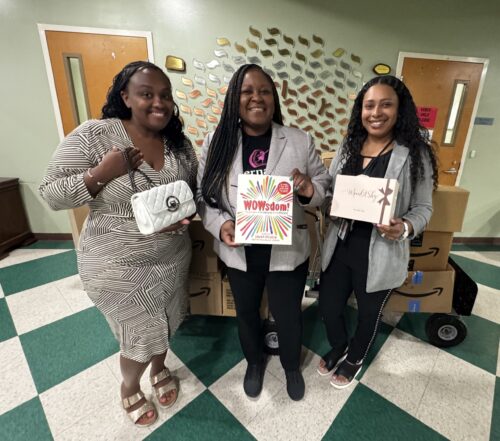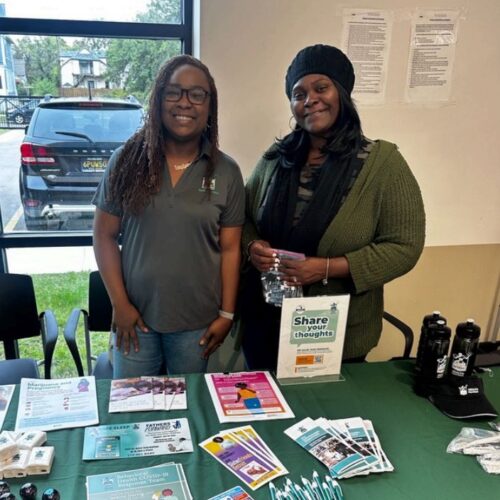The Smithsonian’s National Museum of the American Latino collaborated with United Way for Southeastern Michigan to host a series of conversations and professional learning sessions for our local Latino community.
The dialogues led to the kickoff of Hispanic Heritage Month, which runs from Sept. 15 to Oct. 15, making it a perfect time to celebrate Latino culture and contributions in our region.
“I’m so grateful to United Way for the opportunity to work together— our work is only as strong as our partners and collaborators,” said Adrián Aldaba, national program manager at the Latino Museum. “We don’t have all the answers, but that’s where community input and listening complements our practice of scholarship and research.”
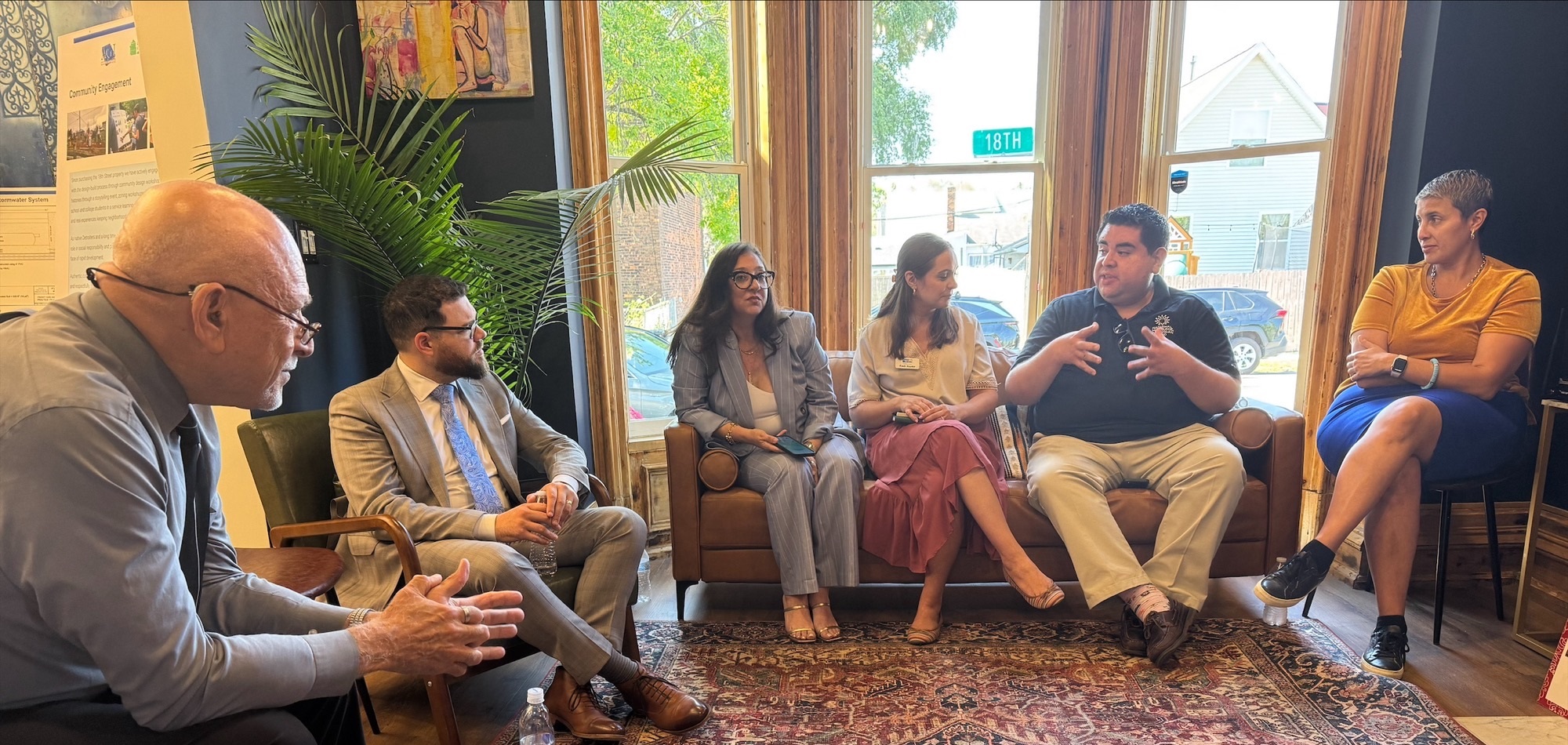
During the three-day visit, Adrián engaged with educators through professional development sessions for Detroit Public Schools Community District at Bennett Elementary, Cesar Chavez Academy Middle School and Escuela Avancemos Academy.
Adrián also met local stakeholders for events in Pontiac, co-hosted by Centro Multicultural La Familia and United Way, and Southwest Detroit, co-hosted by Detroit VOCES and United Way. At these events, community members from a wide variety of organizations contemplated the feasibility of the Latino Museum’s concept for a “Museo Móvil” (“Museum on Wheels”).
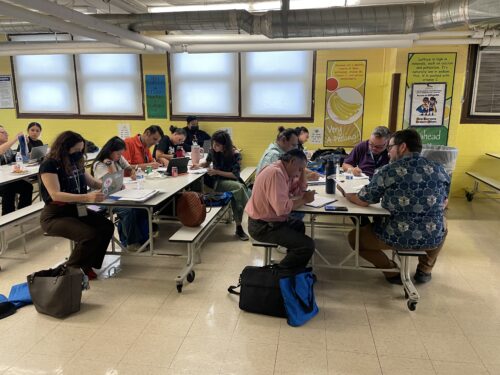
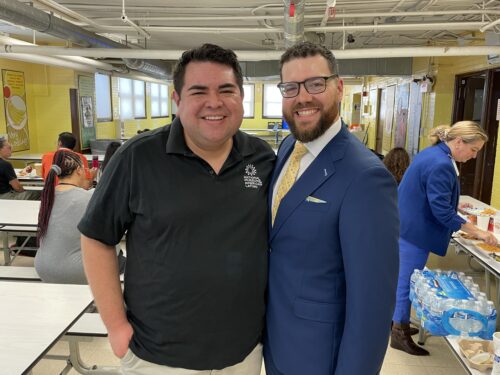
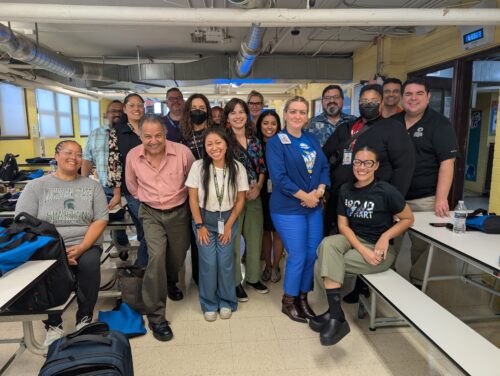
“This is a concrete and exciting example of United Way embracing its role as an intentional and inclusive convener,” said Adam Kind, senior director, Youth Opportunity at United Way for Southeastern Michigan. “We do not represent our organization as an expert in Latino history, arts, and culture, but we have a great network of partners and we have brought a wide range of stakeholders to this table.
“Now, we’re getting out of the way and letting everyone engage in a way that’s resonant and culturally responsive.”
POWER OF REPRESENTATION
Throughout the learning sessions, Adrián shared resources like the Smithsonian Learning Lab and activities bringing museum learning techniques to the classroom. Teachers also received tote bags filled with new materials, including six books for their classrooms.
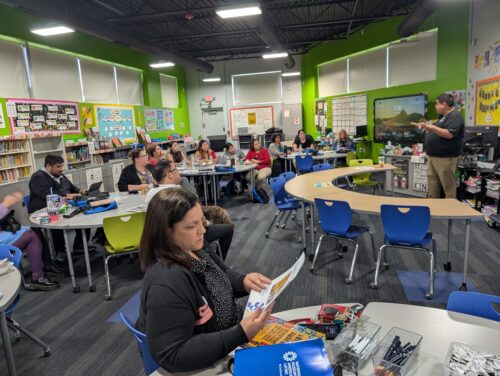
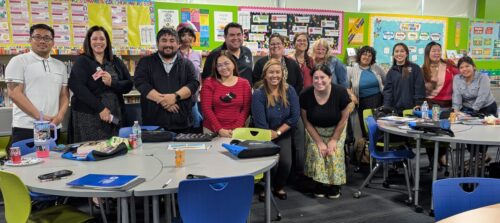
From the “Nuestras Voces” series, four books explore a young person’s perspective on key moments in U.S. Latino history. The other two books provided are Spanish and English versions of “Nuestra América”, an illustrated collection containing 30 biographies about Latinos shaping the U.S.
“These books have been published by the museum, taking the research that we used for our first exhibit and making that history accessible to younger audiences,” said Adrián. “All of the books have been not only thoroughly researched and intentionally connected to our Smithsonian collection, but they’ve also been reviewed by independent experts to make sure everything is historically accurate.”
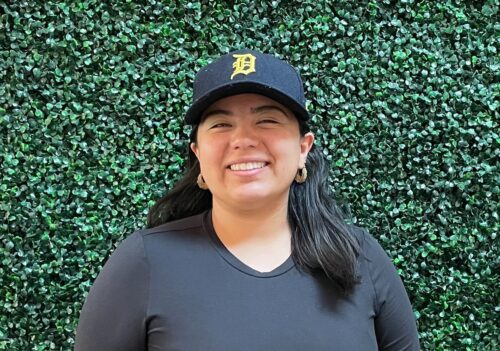
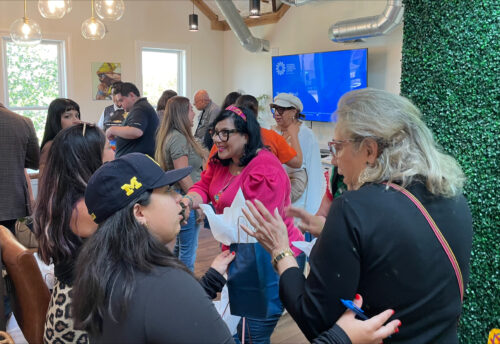
After the community conversation, Isabel Lopez, a recent master’s graduate, shared how Latino representation helped her succeed at the University of Michigan.
“Representation comes 100% full circle— if there’s no representation, I can never envision myself there,” said Isabel. “As a sophomore in college, I had a Hispanic woman as a teacher for the first time, and I tried my hardest to show up because she was one of the only Hispanic women I saw in STEM.
“That representation motivated me to impress her and try harder; I got an A in the class and became her assistant the next year.”
GAINING MOMENTUM
At Detroit Design Build Green Hub, Latino community members provided insight for the Latino Museum’s new “Museo Móvil” or Moving Museum. Detroit VOCES, a group committed to preserving history in southwest Detroit, was an ideal collaborator for local stories.
“I’ve been involved in documenting our history here for many years because it’s profoundly important that we’re understood by ourselves, not by other people,” said Elena Herrada, Detroit co-chair at Latino Leaders for Equity Advocacy & Development (LLead) Michigan. “And I’ve learned this over and over again doing oral histories: you won’t get it right without community feedback.”
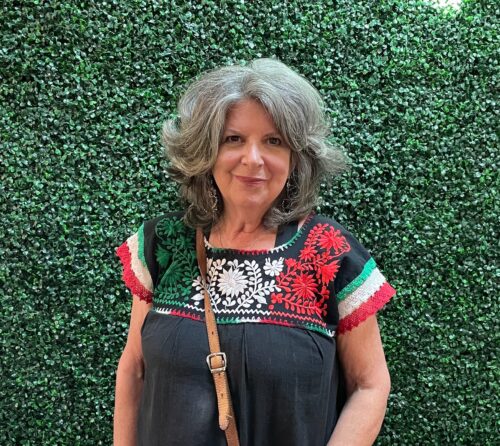
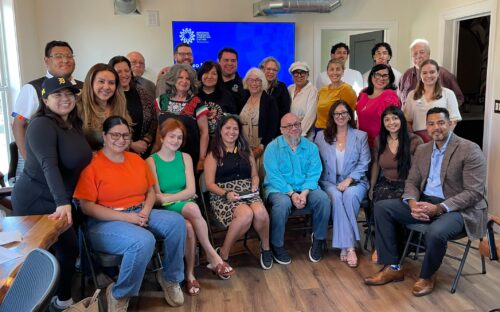
Tanya Saldivar-Ali helped launch the Detroit VOCES project and with her husband, Luis Ali, co-founded the Detroit Design Build Green Hub. Luis explained they are creating safe spaces made by and for the Latino community.
“When you walk through here, the connections that you see, it’s not just a group of people, but every one of these individuals are family,” said Luis. “For over a year, we’ve talked about what people have done on a national level to retell stories and out of the blue, United Way called— it goes to show that if you prepare and do the work, the opportunities will come.
“By creating events like this, it allows us to feed off each other and once you get that momentum going, you can’t be stopped.”
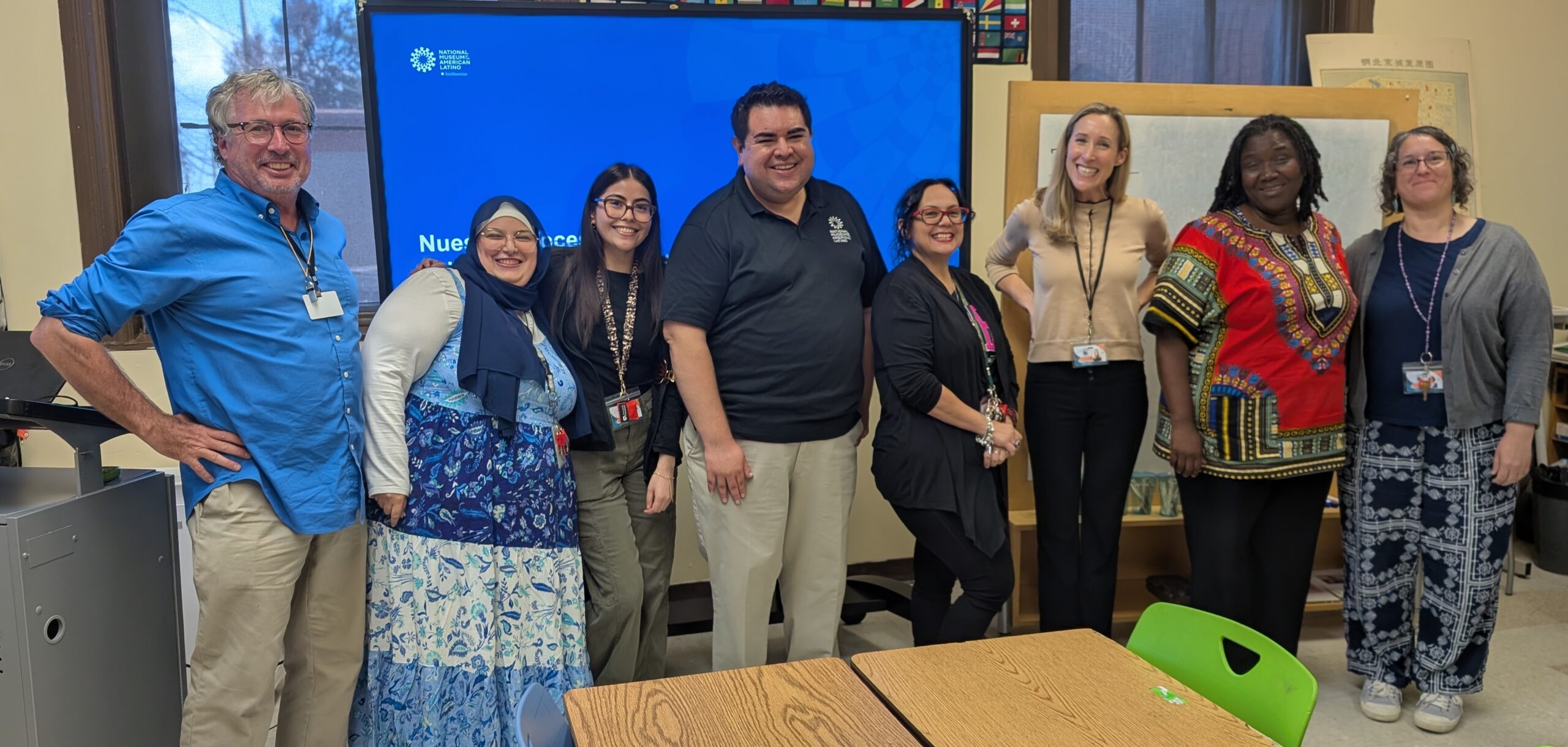
Celebrate Hispanic Heritage Month by learning more about the history and contributions of the Latino community on the National Museum of the American Latino site.
